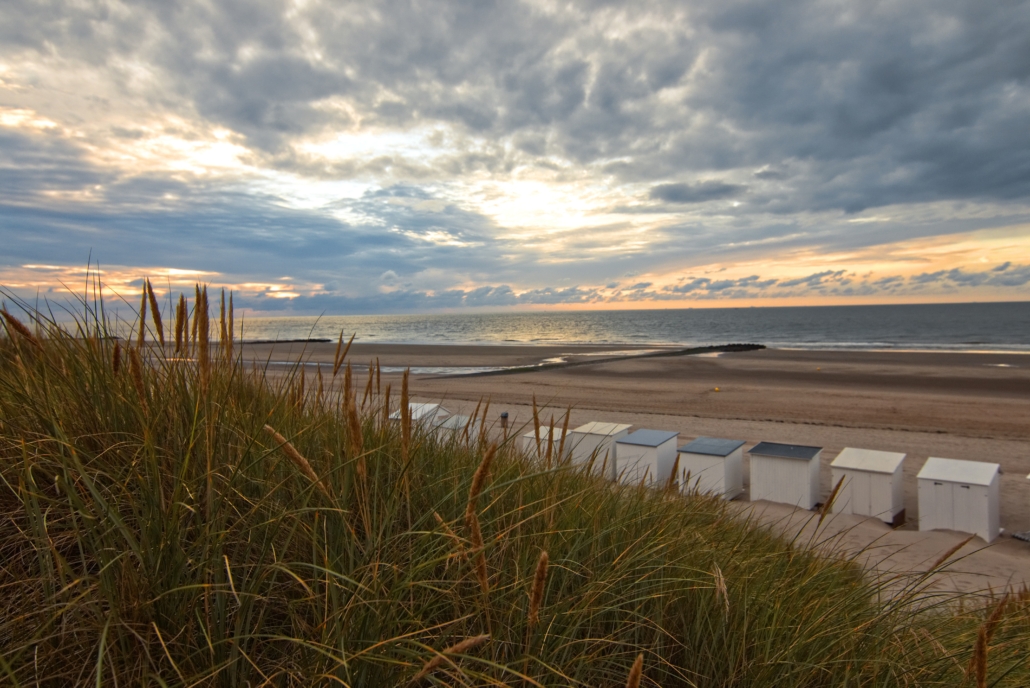
Narrative :
A R&D project awarded by Vlaio project n° HBC.2022.0617.
There are currently major gaps in terms of the inclusion of important interdisciplinary aspects of the coastal system in making decisions on the approach to manage climate change and biodiversity loss in coastal areas and combine them with economic and societal needs. Nature Based Solutions (NBS) – by definition – will bring together approaches from different disciplines that will enable the provision of a holistic conceptual representation of the complex coastal socio-ecological system and consideration of key drivers in this, including quantitative valuation of coastal ecosystem services now and into the future, and the influence of social perceptions and values. Current engineering methods used are not holistic enough and if not combined with NBS not able to provide resilient and nature inclusive approaches for the challenges along our coastline.
Uncertainties – intrinsically associated with Nature based Solutions – are not adequately addressed today. The importance of risk for coastal policy makers and managers implies an ever-increasing use of risk-based approaches and of probabilistic assessments to try to capture uncertainties associated with natural dynamics. Recognizing that uncertainties in the actual solutions cannot be entirely removed gives space to assess the application of NBS with the added value of integrating natural capital and ecosystem services valuations. In view of this living labs and large scale tests are a next step to test, learn and adopt actual governance and apply a more holistic and systemic thinking. Today it is however questionable if such living labs are feasible and acceptable.
The main goal of CASSANDRA is to identify and overcome the gaps and formulate a roadmap towards the realisation of a large-scale NBS living lab integrating technical, economic, societal, and administrative aspects. The expert outcome of the project will allow the consortium to justify, raise awareness of the benefits and apply for funding to install, monitor, and evaluate a large-scale integrated NBS living lab for the Belgian Coastline.
The project is led by HAEDES as part of a consortium consisting of IMDC, Econopolis, DEME, Jan De Nul, which rely on the University of Antwerp and De Blauwe Cluster to provide specific services and knowledge.
Our touch :
Our assignment consists of carrying out, among others, the following activities:
- Take the leadership of the project and assure co-creation, strengthen the dream of all consortium partners to realise a NBS living lab along the Belgian coastline and aligning the integration of coastal resilience, social acceptability and good governance in such lab.
- Investigate together with the consortium partners the social acceptability of NBS and living labs. HAEDES’ specific assignments are: investigate and clarify the willingness of local and regional authorities to apply NBS; Examine the drivers for social acceptability (such as education, blue/eco-tourism, thriving communities) and clarify the needs of local communities and stakeholders; Identify in co-creation how the stakeholders, and their most sustainable needs, can become an integral part of the Living Lab initiative.
- Define preconditions and potential good governance practices that make a NBS Living Lab possible. HAEDES’ assignments are: Integrate NBS into existing processes, dynamics vision and governmental policies from local authorities and stakeholders; Investigate the permit procedure and legal requirements needed for the realisation of the Living Lab and NBS solutions in the future; Investigate the adaptation strategy of the authorities to cope with climate change, how the Living Lab and NBS can be integrated into climate change risk reduction and contribute to existing adaptation ambitions; Explore the role and integration of additional partners in the realisation of the Living Lab.
